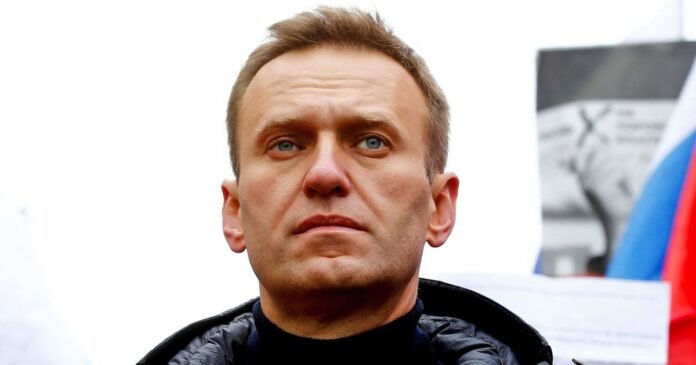The remains of prominent Russian opposition figure Alexei Navalny have been returned to his mother. The confirmation came from Navalny’s spokeswoman, Kira Yarmysh, who expressed gratitude to all those who had tirelessly campaigned for the release of his remains.
Navalny’s mother, Lyudmila, found herself thrust into a heart-wrenching dilemma as she navigated the bureaucratic maze surrounding her son’s death. Reports surfaced indicating that she was pressured to agree to a clandestine burial arrangement, with the alternative being burial within the confines of the prison where he met his untimely demise. However, Lyudmila stood resolute, refusing to capitulate to such demands.
In the midst of this emotional turmoil, Lyudmila spent the past week in the vicinity of the prison, initially seeking confirmation of her son’s whereabouts and then vehemently demanding the return of his body. Despite being presented with a three-hour ultimatum to acquiesce to the authorities’ wishes, she remained steadfast, unwavering in her commitment to honor her son’s memory with dignity and transparency.
As the Russian public eagerly awaits details regarding Navalny’s funeral arrangements, concerns linger about potential interference from governmental entities. The uncertainty surrounding the proceedings only adds to the already palpable tension surrounding Navalny’s death and its aftermath.
Meanwhile, Navalny’s widow, Yulia, has issued scathing accusations against Russian President Vladimir Putin, accusing him of holding her late husband’s body “hostage” and demanding its unconditional release. The Kremlin swiftly rebuffed these allegations, dismissing them as baseless and labeling Western reactions to Navalny’s death as “hysterical.”
Navalny’s passing on February 16 sent shockwaves across the globe, underscoring the perilous environment faced by dissidents within Russia. His death followed a brazen poisoning attempt in August 2020, where he was targeted with the lethal Novichok nerve agent. Despite the harrowing ordeal, Navalny demonstrated remarkable resilience, eventually returning to his homeland in January 2021, only to be met with imprisonment.
Efforts to commemorate Navalny’s life and legacy have been met with a heavy-handed response from Russian authorities, with makeshift memorials swiftly dismantled and scores of individuals detained. The suppression of dissent only serves to underscore the authoritarian grip that continues to pervade Russian society, casting a long shadow over the prospects for political reform and civil liberties.
